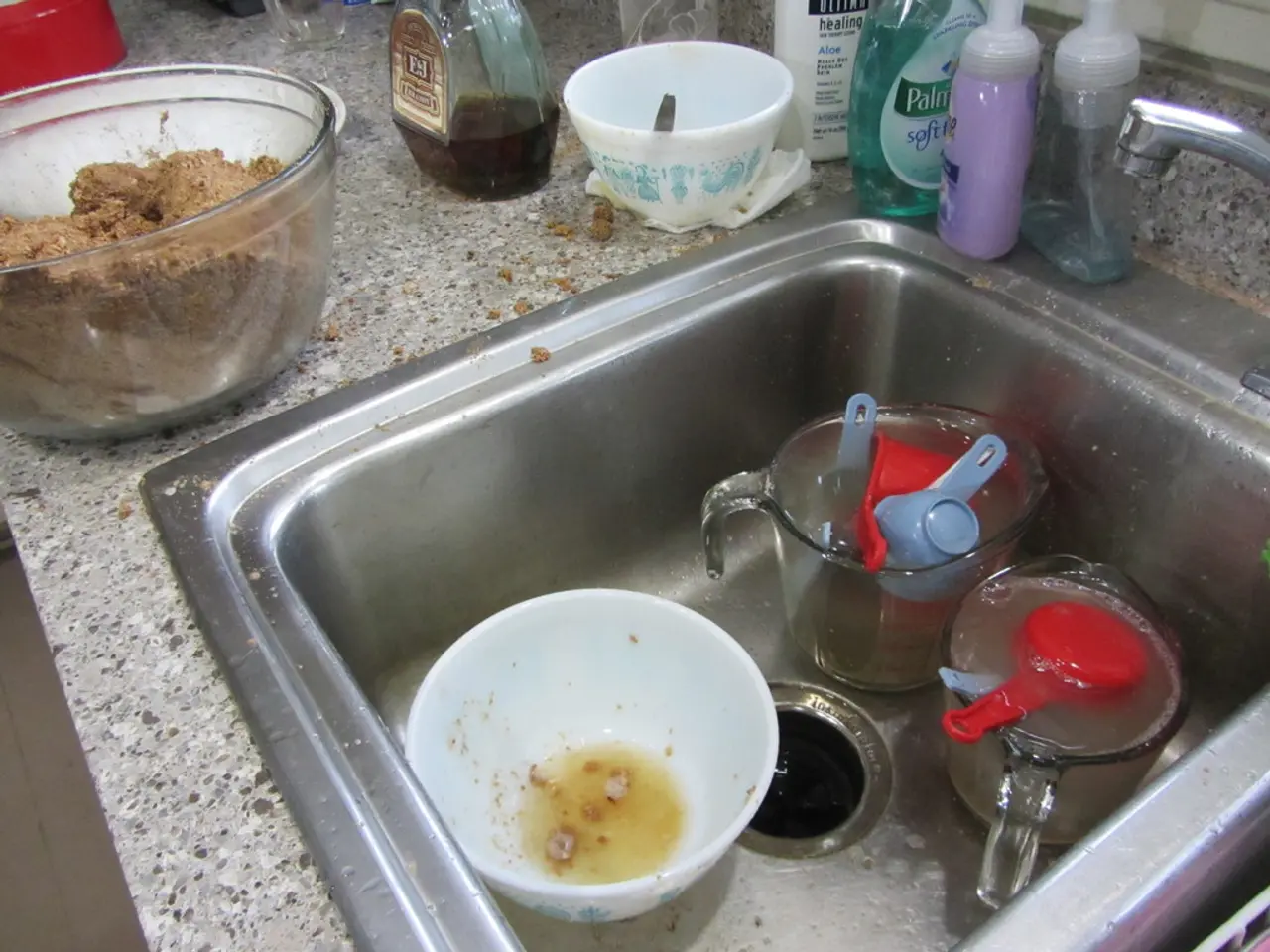Improved Hygiene Habits to Adopt from Eastern Cultures
In the face of the ongoing COVID-19 pandemic, various countries have adopted different strategies to combat the spread of the virus. A closer look at Asia reveals a unique blend of cultural practices and modern hygiene measures that have contributed to the region's success in managing the crisis.
A study from 2017 sheds light on one such practice: the cleanliness of shoe soles. The average shoe sole is often covered with thousands of fecal bacteria, with more than 26 percent of shoe soles testing positive for C. Diff, the bacterium that leads to fever and explosive diarrhea. Removing shoes and wearing indoor slippers, as is common in East Asia, helps reduce the risk of tracking in droplets from the outside and saves households and offices from frequent deep cleaning.
Another practice that has gained prominence during the pandemic is wearing face masks. Wearing face masks is a common practice in East Asia and is emphasized as a means to protect oneself and others. Some European countries have followed suit, mandating face mask use in public spaces.
In Japan and Singapore, proactive hygiene measures have long been a part of the public health landscape. Consistently implementing strict public health protocols, advanced sanitation systems, and rapid response strategies during past disease outbreaks, these countries have stood out in Asia for their especially proactive approach to preventing the spread of pathogens.
The traditional greeting gestures in Japan and China also minimize physical contact compared to handshakes and hugs in the U.S. The absence of trash cans on the streets in Japan and Taiwan raises people's awareness of their trash generation and encourages them to separate recyclables.
In Hong Kong, maintaining cleanliness is not just a hygiene measure, but a spiritual practice. It's a dining ritual for the older generation to rinse utensils with hot water or tea due to skepticism about hygiene standards. Younger Hongkongers often carry pocket tissues for cleaning utensils and wiping off oiliness from their lips.
Evening showers are another aspect of this spiritual practice. Most people in Asia shower before bed to wash off sweat, mugginess, makeup, oil, and pollutants. The Taiwanese government has even imposed a penalty for face mask littering and reduced the number of available trash cans, reminding residents to dispose of used face masks properly in sealed garbage bags.
These practices, rooted in cultural values, have been crucial in keeping COVID-19 under control in Asia. The shared memories of the 2003 SARS outbreak and lifestyle changes have played a significant role in this success. As we enter an uncertain future, it's an opportunity to take stock of personal health and be better prepared for future crises, learning from the practices of those who have navigated similar situations successfully.
In the U.S., the coronavirus outbreak led to a decrease in adherence to "health-conscious" trends, with Americans initially discarding items based on Marie Kondo's suggestion of throwing out things that don't bring joy, including relatives. However, as the pandemic continues, it's clear that a return to pre-pandemic habits is not an option. Instead, we must learn from the practices of other countries and adapt them to our own cultural context to ensure the safety and well-being of our communities.








